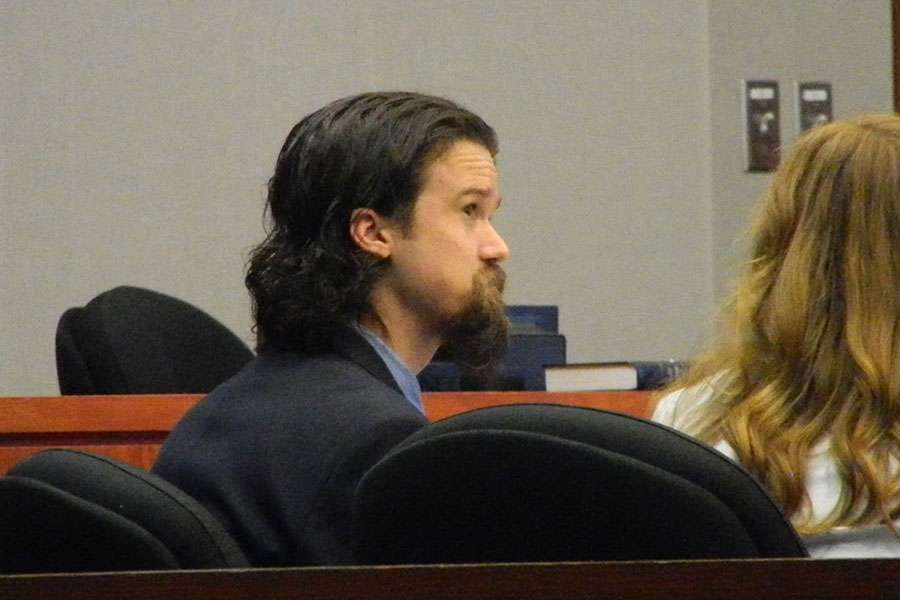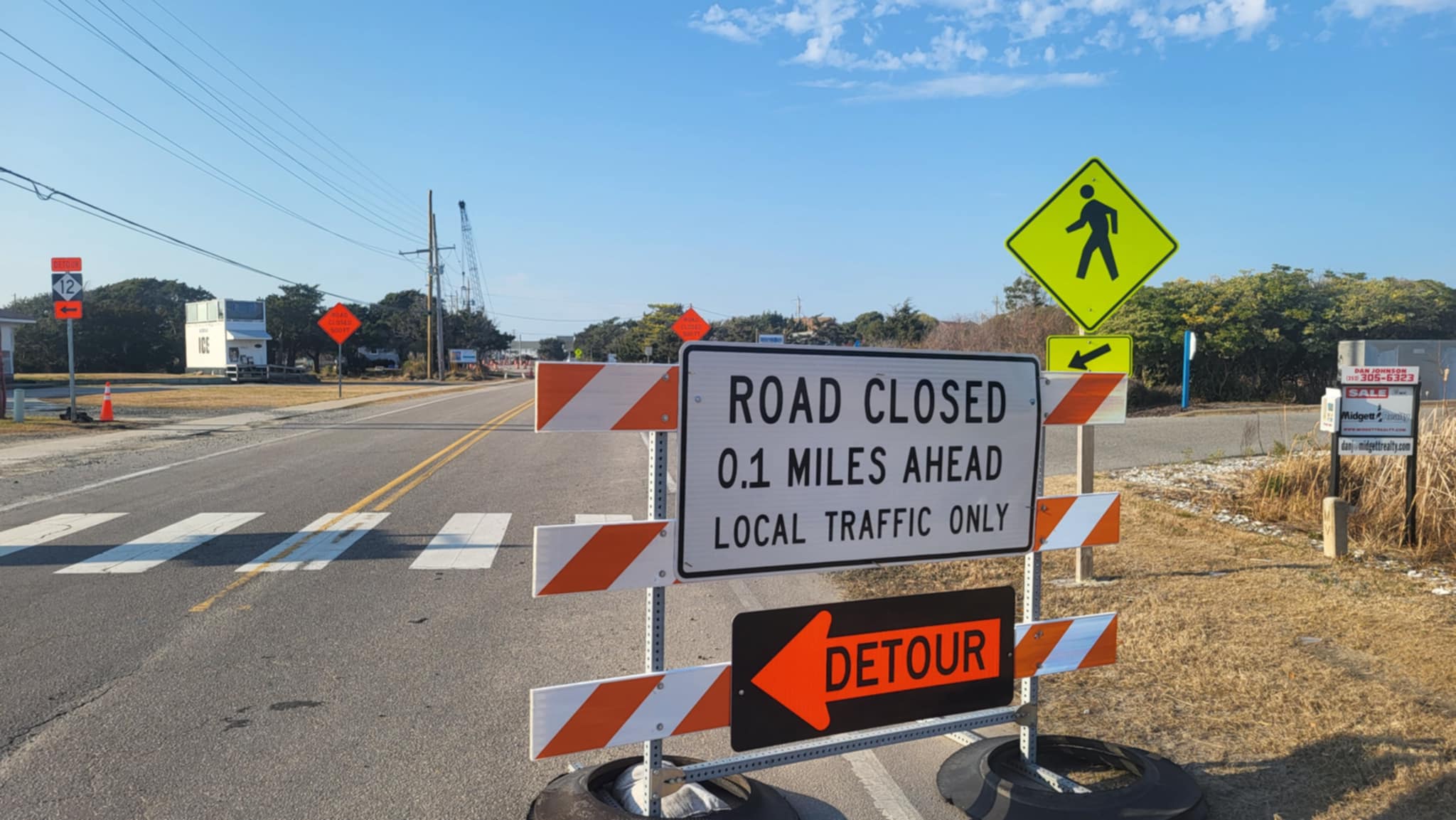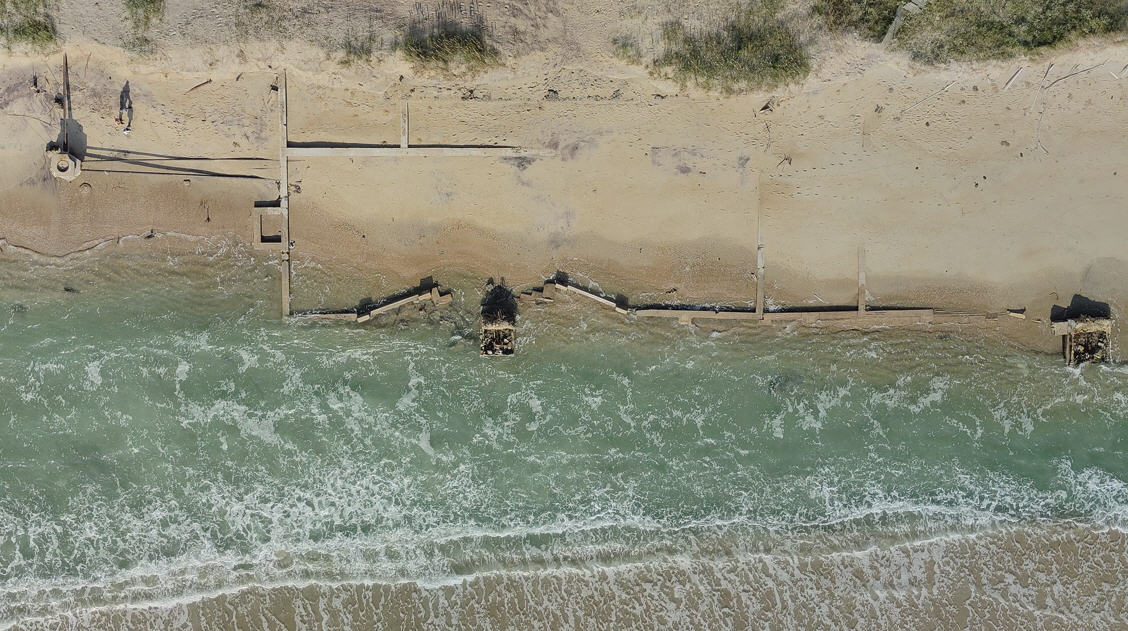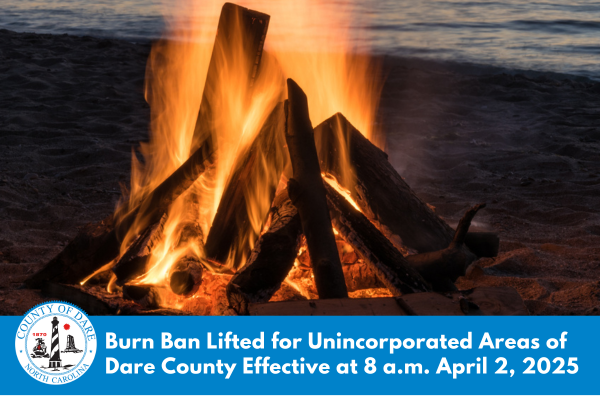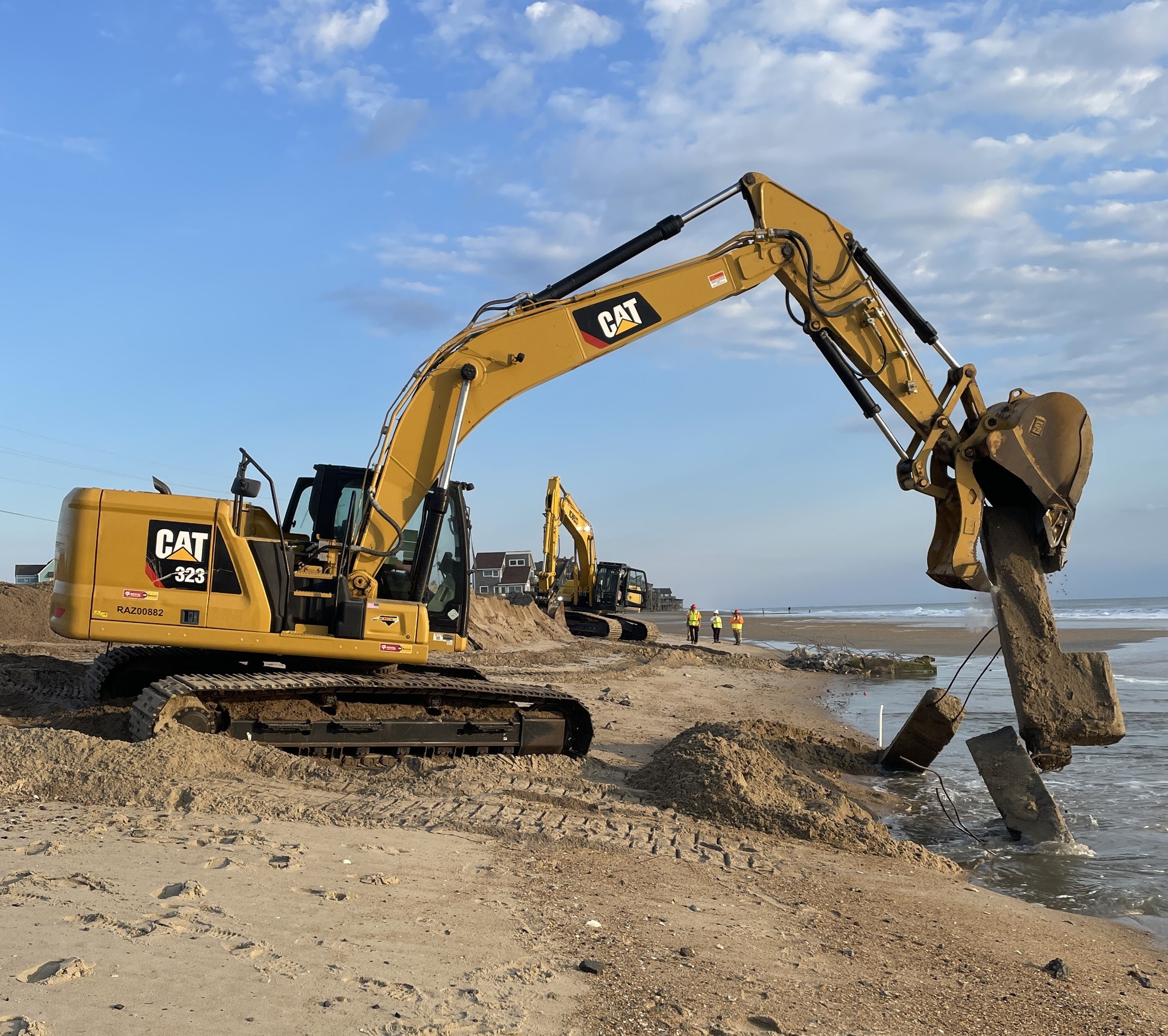Board Hears Case for Offshore Drilling
OUTER BANKS SENTINEL
The Dare Board of Commissioners listened respectfully to an April 3 presentation advocating for seismic surveys and the possibility of offshore drilling off the North Carolina coast, but remained convinced that it carried an unacceptable risk.
Speaking at the morning commissioners meeting, John Droz argued that, “The only way that citizens and their representatives can make an informed decision on such technical matters is to have an objective understanding of all of the pertinent pros and cons.”
At the end of his lengthy presentation, made to a board that has been on record opposing offshore drilling, Droz generated polite, but firm rejection.
Vice Chairman Wally Overman appeared to speak for his colleagues when he raised concerns about the likelihood of drilling close to the North Carolina coast “at the precipice of our canyon,” adding that, “I can’t imagine a worse place to be drilling.”
Droz, a Morehead City based anti-wind-power activist and founder of Alliance for Wise Energy Decisions, calls himself a physicist and citizen advocate. He has spoken to various governing bodies in coastal North Carolina and, in one instance, was successful in changing the Brunswick County Commissioners’ decision to approve a resolution opposing offshore exploration and development.
Asserting that such non-governmental organizations (NGOs) as the Sierra Club and Oceana start with a “political position” and then work backward from there to find scientific support for it, Droz said his aim was to “put some balance into the concerns that have been expressed on this topic.”
In response to the claim that seismic testing will result in serious ecological damage, he said similar seismic surveys have resulted in no consequential environmental problems and that wind turbines produce more damage. Responding to idea that, with offshore drilling, “an oil spill is inevitable,” he presented reasons why he believes an oil spill is extremely unlikely, citing advances in technology and safeguards and declining rates of oil spills over the past 50 years.
Asserting that offshore drilling will not necessarily put the coastal tourism industry at risk, he argued that offshore wind energy actually poses a far greater threat to coastal tourism. He also stated that it is not likely that more jobs will come from offshore wind energy than from offshore fossil fuels.
In answer to assertions that there is not enough oil and gas off the North Carolina coast to justify the risk and expense of offshore drilling, he responded that this is something no one knows and is a reason why another seismic survey is needed.
And in response tothe claim that fossil fuels can be replaced with all renewable energy, he said this is impossible for multiple technical and economic reasons. To illustrate, he pointed out that 7,700 wind turbines are required to produce the same amount of energy as one oil platform.
Concluding his presentation, Droz said, “It is clear we should embrace careful and cautious exploration and development of our offshore fossil fuel resources.” Responding to questions, Droz said he primarily favors conducting seismic surveys “so we can find out what’s actually there.” His support of drilling would then be contingent on those findings.
advertisement
Commenting on Droz’s presentation, Commissioner Jack Shea said proceeding with exploration and drilling seemed to him like “playing Russian roulette.”
Board Chairman Bob Woodard reviewed information indicating that much more oil is available inland and production already outpaces refining, pointing to the need to cut “red tape” and clear the way for more refineries.
Droz agreed with this, noting that the same “pushback” occurs with drilling for oil both inland and offshore.
Challenging assumptions that there would be major differences in the presence of oil and gas off our coast now and when seismic testing was last done, Woodard said he had more arguments he could raise, and “I will ride this horse until it dies.”
He also emphasized that the board has made its position clear many times on the issue and that he remains “adamant” in his opposition to seismic testing and drilling.





